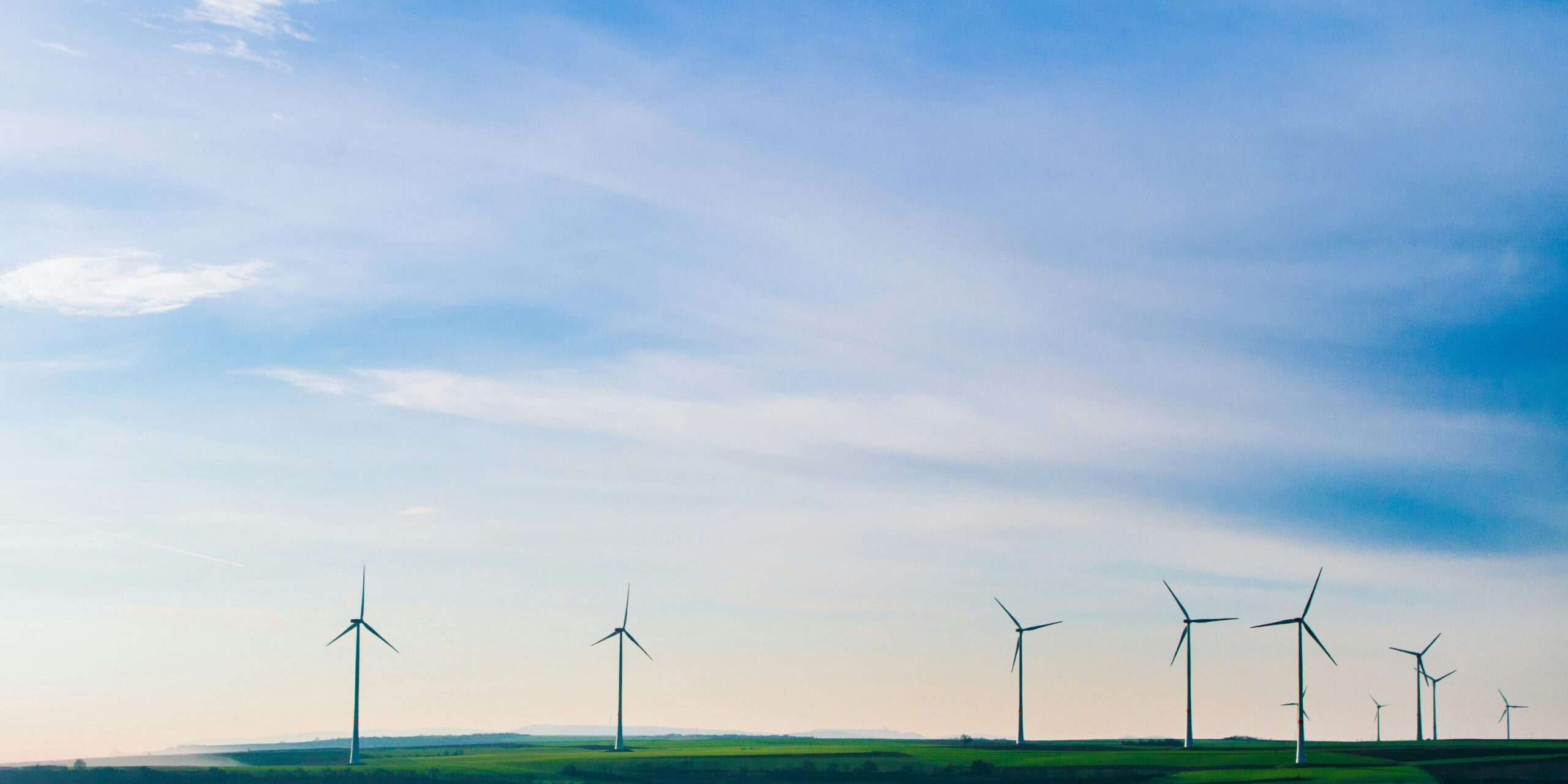In a significant development, the European Commission has granted approval for up to €6.9 billion ($7.43 billion) in state aid to support seven member nations in advancing their hydrogen supply chain infrastructure. This funding, allocated through the Important Projects of Common European Interest (IPCEI) program, will bolster the IPCEI Hy2Infra project jointly initiated by Poland, France, the Netherlands, Portugal, Germany, Italy, and Slovakia.
The initiative aims to provide financial support to 32 companies engaged in 33 projects across the EU’s hydrogen value chain, with the potential to unlock over $5.81 billion in private investments. Among the key objectives, the funding will facilitate the deployment of extensive hydrogen transmission and distribution pipelines spanning over 1,677 miles, alongside the establishment of 3.2 gigawatts of large-scale electrolyzers for renewable hydrogen production, slated to be operational by 2026.
Furthermore, the project encompasses the development of large-scale hydrogen storage facilities with a capacity exceeding 370 gigawatt-hours, along with the construction of terminals and port infrastructure capable of handling 6,000 tons of hydrogen annually.
Margrethe Vestager, the executive vice president of the European Commission, emphasized the pivotal role of the Hy2Infra initiative in laying the groundwork for an integrated and open renewable hydrogen network across Europe. While acknowledging the nascent stage of the renewable hydrogen supply chain in Europe, Vestager highlighted the significance of deploying foundational elements to facilitate its expansion and integration into the broader energy landscape.
This approval underscores the EU’s commitment to advancing sustainable energy solutions and accelerating the transition towards a low-carbon future. By supporting the development of hydrogen infrastructure, the EU aims to foster innovation, enhance energy security, and promote economic growth while addressing environmental challenges.







